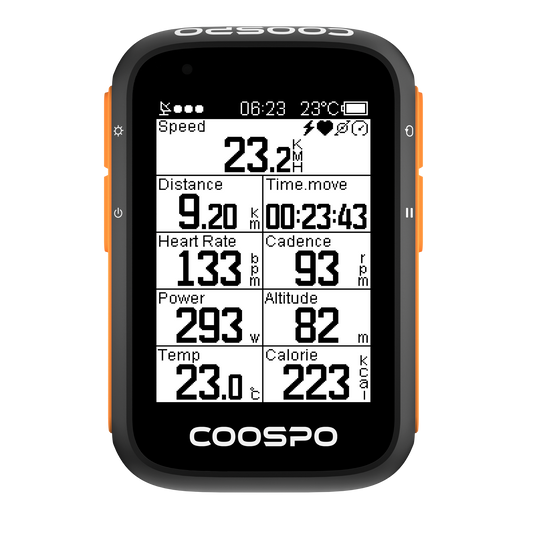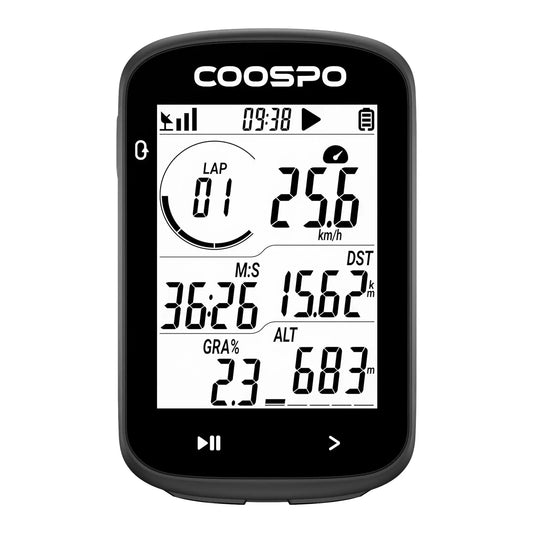How Long Should You Work Out
In the pursuit of a healthier lifestyle, one of the fundamental questions that often arises is, "How long should I work out?" The answer isn't one-size-fits-all; it depends on various factors such as fitness goals, age, and overall health.
Many people wonder how long they should exercise for, with some believing that shorter workouts are better for weight loss. However, it's important to note that this approach may not work for everyone, regardless of their fitness goals.
When deciding how long to exercise for, it's best to not just follow the latest fitness trends. Short workouts are good, but longer cardio sessions are also important for weight loss and overall health. It's about finding a balance between short and long workouts.
Weight Loss
For those trying to lose weight, how long you exercise for is really important.
Dr. Cedric Bryant, Chief Science Officer of the American Council on Exercise (ACE), suggests that in order to achieve effective weight loss, adults should aim for 150 to 250 minutes of moderate-intensity exercise each week.
This means committing to about 30-45 minutes of exercise each day, every week. Activities like brisk walking, cycling, or swimming can help you burn calories and lose weight. Increasing the intensity and duration of your workouts can lead to better results.
For successful long-term weight loss, aim for at least 250 minutes of moderate to high-intensity exercise each week, as recommended by the American College of Sports Medicine.
Keeping track of how many calories you need each day can help you reach your weight loss goals. Using a heart rate monitor can help you figure out how much calorie you should burning, and explore more data.

Build Strength
As we get older, our muscles tend to get smaller. That's why it's important to do regular strength training exercises. Dr. Brad Schoenfeld, who knows a lot about strength training, recommends spending 45 to 60 minutes on resistance training each time you work out. It's best to do this type of exercise 3 to 5 times a week.

Strength training helps build muscle and bone strength, which can support the joints and reduce the risk of fractures. It also provides benefits for managing arthritis.
This amount of time allows for targeting all the important muscle groups with enough rest in between sets.
Along with lifting weights regularly, it's important to make sure you're also doing enough cardio to maintain or improve your aerobic fitness.
Changing up your workouts and how long you do them can help you stay interested and motivated. But make sure to give yourself enough time to rest and recover to avoid getting hurt or too tired.
Stay Healthy:
The recommended duration of physical activity varies for adults and children, as well as between moderate and vigorous levels of intensity.
Adults:
The CDC recommends that adults aim for at least 150 minutes of moderate exercise or 75 minutes of intense exercise each week, along with strength training on two days. This means about 20 to 30 minutes of moderate exercise a day and 30 to 45 minutes of intense exercise.
Children:
The American Academy of Pediatrics (AAP) stresses the significance of consistent physical activity in children to foster optimal growth and development. It is recommended that children between the ages of 6 and 17 participate in a minimum of 60 minutes of moderate to vigorous-intensity physical activity each day. Such activities may encompass running, engaging in sports, or dancing, all of which contribute to enhanced cardiovascular health, muscle strength, and bone density in youth.
To incorporate more heart-pumping physical activity into your daily life, the AHA recommends first and foremost being less sedentary whenever possible. Even light activity such as getting up and going for a short walk or performing gentle stretching can help offset the risks associated with too much sitting, according to the AHA.
How Long Should You Work Out Each Day:
Achieving fitness goals without experiencing overexertion or burnout requires careful consideration of the optimal balance between workout duration and intensity. To assist in this endeavor, the following guidelines are provided for various types of workout days:
Short-Workout Days (20-30 minutes)
High-intensity interval training (HIIT) workouts, which involve brief, intense periods of exercise followed by short breaks, are a great option for people looking for a quick and effective workout.
High-intensity interval training (HIIT) sessions are recommended to be between 20 to 30 minutes in duration and should be challenging. It is important to note that the effectiveness of caloric burn during HIIT workouts is further enhanced by the phenomenon of excess post-exercise oxygen consumption (EPOC), commonly referred to as “the after burn,” which can be optimized through appropriate structuring of high-intensity workouts.
Monitor your workout intensity by utilizing a heart rate monitor to ensure that you achieve your desired target heart rate during the session.

Easier Recovery Days (30-45 minutes)
An easy day workout is meant to give your body and mind a break. Activities like yoga, stretching, or light walking can improve flexibility and blood flow without putting too much pressure on your body. You can also just relax on the couch to rest and recharge.
Active recovery involves engaging in low-intensity movement exercises that help to improve flexibility and increase the range of motion in one's joints.
Long Moderate Workout Days (45-90 minutes)
The majority of your weekly workouts will typically be categorized as moderate intensity.
On days when your body is not exerting as much effort during moderate workouts, it is necessary to engage in physical activity for an extended period in order to achieve the calorie burning required for weight loss. In particular, for endurance training or prolonged cardio sessions, it is recommended to aim for a duration of 45 to 90 minutes.
Make sure to give yourself enough time to gradually increase your stamina, enhance heart health, and burn calories effectively. Remember to stay hydrated and eat nutritious foods to maintain your energy levels during longer exercise sessions.
Try to fit in one longer workout during the week, lasting 75 minutes or more. This will help build your endurance and give you a mental challenge.
Finding the right balance between duration, intensity, and rest is super important for a successful workout routine. Just remember to keep and enjoy reaching your fitness goals!











